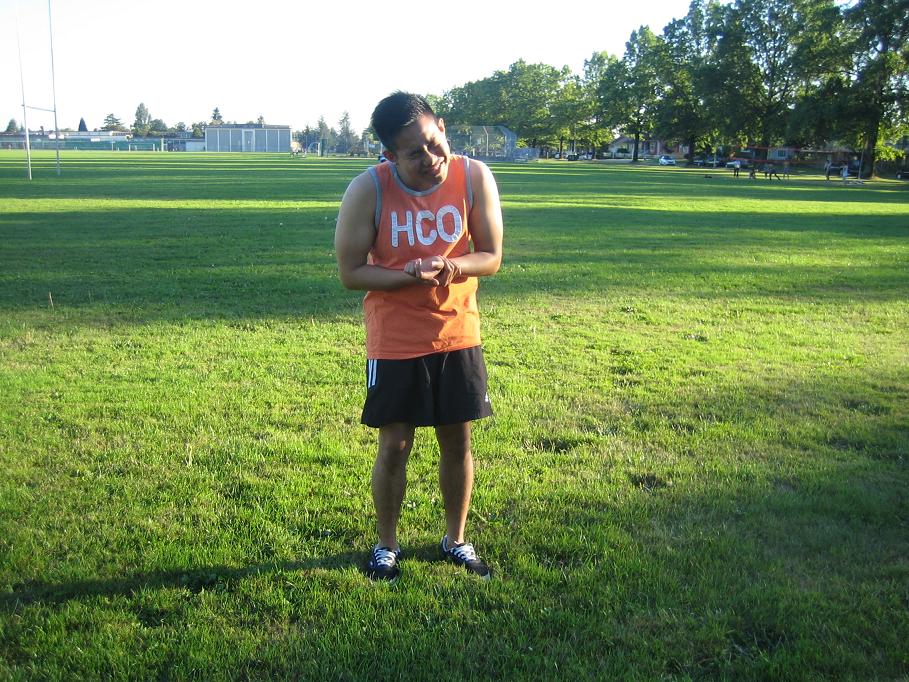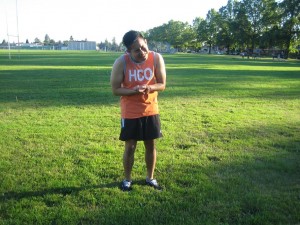Psoriasis is a chronic condition of the skin due to an overactive immune system. Generally, it is characterized by inflammation, flaking and development of white, thick, silvery and red patches on the skin. The flakes of skin scales are caused by the fast and excessive production of skin cells. Furthermore, the production of skin cells is caused by the inflammatory chemicals produced by the white blood cells called lymphocytes. In addition, this condition usually affects the skin in the knees, elbows and the scalp.
Symptoms of psoriasis
- At first, formation of red or pink tiny scaly bumps that merge into raised skin
- Itchiness, burning or soreness
- Usually common in areas of friction, abrasion or scratching.
- Tiny spot of blood can be seen on the skin when pulling off one of the dry white scales which is a diagnostic sign called the Auspitz sign.
- Fingernails and toenails shows small pits or pinpoint depressions
- In addition, large yellowish-brown separations of the nail from the nail bed called the distal onycholysis
- Has similarity with the fungal nail infection
- Lastly, swelling and stiff joints
Formation of red or pink tiny scaly bumps that merge into raised skin,
Possible causes
- Stress
- Smoking
- Strep throat or infections of the skin
- Injury to the skin such as scrape or cut, bug bite and a severe sunburn
- Consumption of alcohol
- Deficiency in Vitamin D
- Certain medications that includes lithium for bipolar disorder, beta blockers for high blood pressure; iodides and antimalarial medications
- Cold weather
- Hormonal changes
- Immunizations
Treatment
- Apply the prescribed moisturizers to lessen the pain, the itchiness and prevent flare-ups.
- Drink plenty of liquid especially water to prevent dehydration.
- Apply coal tar on the affected area to slow down growth of skin cells and restore the appearance of the skin. In addition, it also lessens the inflammation, the scaling and the itching of the condition.
- Apply the prescribed topical medications that include salicylic acid and corticosteroids to lessen the pain and the itchiness.
- Take the prescribed oral medication for a severe condition. Generally, take them orally which lessen the severity of the psoriasis.
- The doctor will prescribe biologics for treating moderate-to-severe psoriasis. Furthermore, the doctor administers one as a shot or by intravenous IV infusion. It drips slowly the medicine into the veins.
- Use the prescribed sunlight or phototherapy to lessen the symptoms of the condition. Generally, it includes the use of UVB treatment or ultraviolet B light, lasers and PUVA or psoralen plus ultraviolet A light. In addition, using PUVA combined with medication to make the affected area sensitive to the light. the laser focuses an UVB light on the psoriasis plaques to lessen the severity of the condition.
- Soak the affected areas in bathwater added with oil and moisturizers to lessen the itchiness and the pain.
FACT CHECK
https://www.psoriasis.org/about-psoriasis
https://www.healthline.com/health/psoriasis
https://www.mayoclinic.org/diseases-conditions/psoriasis/symptoms-causes/syc-20355840


